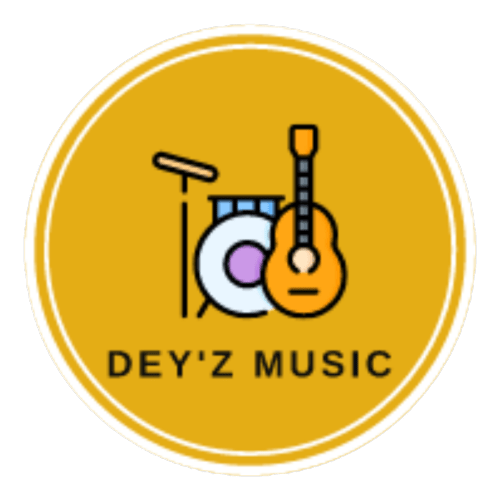Music is often thought of as an activity reserved for children, with many people believing that they have missed their chance to learn an instrument by the time they reach adulthood. However, this couldn’t be further from the truth. Whether you’re 10, 30, 50, or beyond, it’s never too late to pick up an instrument and start your musical journey. Here are some compelling reasons why learning music at any age can be one of the most rewarding experiences.
1. Mental Health Benefits
Learning music has been shown to have a profound impact on mental health. Music can be an effective stress reliever, helping to reduce anxiety and depression. The act of learning to play an instrument requires focus and concentration, which can shift your mind away from everyday worries. Additionally, the sense of accomplishment and progress that comes with mastering a new piece of music can boost self-esteem and improve your overall sense of well-being.
2. Enhances Cognitive Function
Music is a workout for the brain, and studies have shown that learning music at any age helps improve cognitive abilities. Playing an instrument improves memory, enhances problem-solving skills, and boosts creativity. For older adults, it can even help delay the onset of cognitive decline and improve brain plasticity. The complex mental processes involved in reading music, coordinating movements, and learning new techniques keep your brain sharp and engaged.
3. Improves Physical Coordination
Learning to play an instrument, especially one that involves hand-eye coordination like the piano or guitar, can enhance fine motor skills. Musicians must synchronize their hands, eyes, and sometimes feet, creating a unique mental and physical challenge. This constant coordination and dexterity improvement can benefit people of all ages, from children developing motor skills to adults maintaining agility as they age.
4. Increased Social Opportunities
Music has a unique ability to bring people together. Whether you’re joining a local band, participating in a choir, or simply playing in a group setting, learning an instrument opens up a wide range of social opportunities. Playing music in a group fosters teamwork and collaboration, making it easier to meet new people and build meaningful relationships. For older adults, joining a musical community can reduce feelings of loneliness and provide a sense of connection.
5. Boosts Emotional Expression
Music is often referred to as the universal language, and for good reason. Learning to play an instrument gives you a powerful outlet for emotional expression. Whether you’re playing a sad melody, an uplifting tune, or something in between, music allows you to express feelings that words cannot capture. As you learn to express yourself through music, you might find that you’re more in tune with your emotions, which can lead to a deeper sense of fulfillment.
6. Flexibility and Accessibility
One of the best things about learning music as an adult is the flexibility and variety of resources available. With online music lessons, apps, and resources, learning music has never been more accessible. Whether you’re interested in classical piano, jazz guitar, or contemporary singing, there’s a method and instructor out there for you. Plus, you can learn at your own pace, which makes it easy to fit music into your busy life.
Conclusion
It’s never too late to start learning music. The benefits are endless, from boosting mental health and cognitive function to improving physical coordination and providing a meaningful social outlet. Whether you’re looking to rediscover a childhood passion or begin a completely new journey, music has something to offer everyone. So, grab that guitar, dust off the piano, or sing your heart out—your musical adventure awaits!





